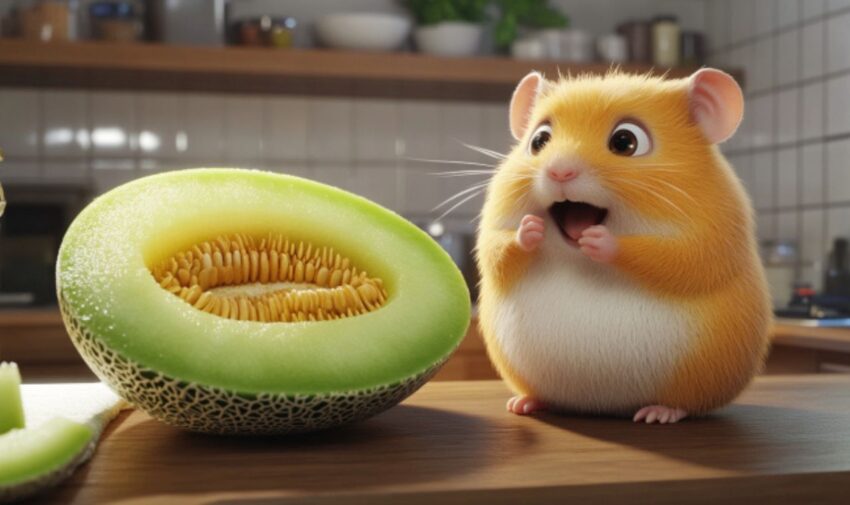TL;DR Summary Yes, hamsters can eat honeydew melon, but only in moderation. Honeydew is a hydrating, nutrient-rich fruit that offers vitamins and minerals like vitamin C and potassium. However, its high sugar and water content mean it must be given sparingly to avoid digestive issues or obesity. Syrian Hamsters: A pea-sized piece once or twice…
Category: Q&A

Can Hamsters Eat Crackers? Risks, Benefits, and Safe Feeding Tips
TL;DR Summary Yes, hamsters can eat crackers, but they are not a healthy or recommended treat. Crackers are highly processed and often contain salt, unhealthy fats, and additives that can harm your hamster. A tiny piece of plain, unsalted cracker may be safe as an occasional treat, but it offers little nutritional value and can…

Flying with Hamsters: Tips for Safe and Stress-Free Travel
TL;DR Summary Yes, hamsters can fly on airplanes, but only under specific conditions and with careful planning. Not all airlines allow hamsters, so it’s important to check the airline’s pet policy in advance. Hamsters are typically classified as small pets and, when permitted, are usually allowed to travel in the cabin in an airline-approved, ventilated…
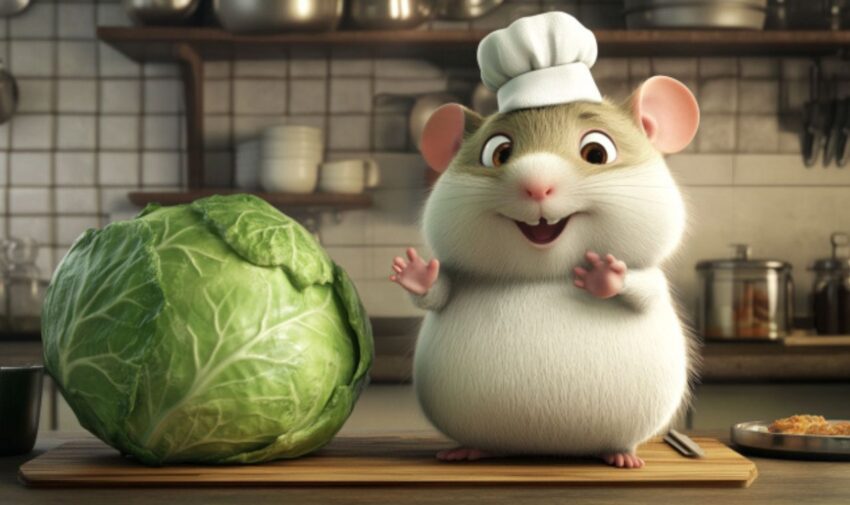
Is Cabbage Safe for Hamsters? What You Need to Know
TL;DR Summary Yes, hamsters can safely eat cabbage in small amounts! This nutritious veggie is packed with vitamins C and K, fiber, and antioxidants, which can benefit your hamster’s health when offered as an occasional treat. For Syrian hamsters, serve 1–2 small pieces once or twice a week. Dwarf hamsters should have ½–1 small piece…
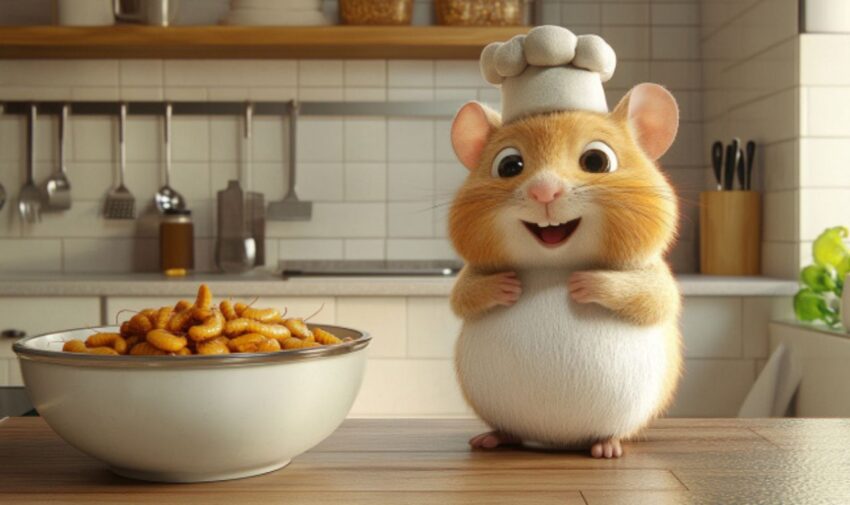
Can Hamsters Have Mealworms? A Complete Guide for Owners
TL;DR Summary: Yes, hamsters can safely enjoy mealworms as an occasional treat! Mealworms are rich in protein, healthy fats, and essential nutrients that support growth, energy, and tissue repair. They also provide mental enrichment by encouraging natural foraging behaviors. However, moderation is key—mealworms are high in fat and should not replace a hamster’s staple diet….

Can Hamsters Have Seizures? Symptoms, Causes, and Care Guid
TL;DR Summary Yes, hamsters can have seizures, often triggered by genetic factors, environmental stress, or sudden temperature changes. Seizure symptoms in hamsters include twitching, loss of balance, or full-body convulsions. If your hamster has a seizure, keep the environment calm, remove any objects that could cause injury, and avoid handling them during the episode. Mild,…
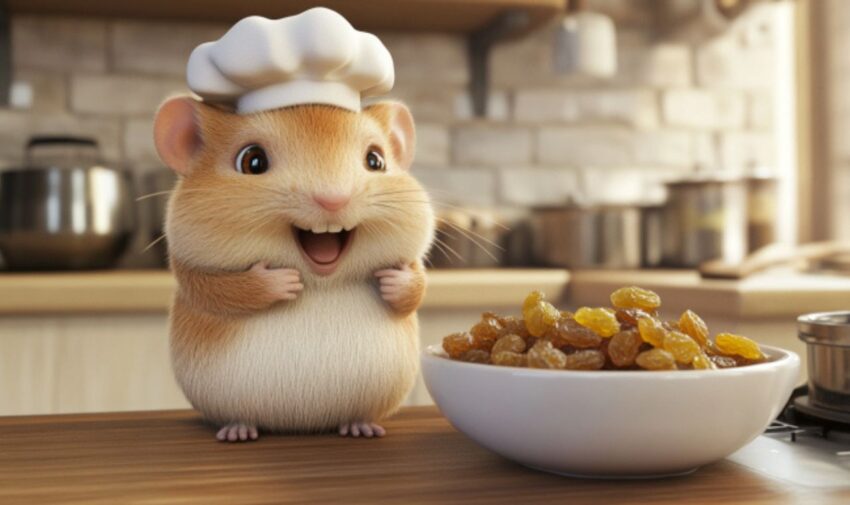
Are Raisins Safe for Hamsters? What Every Owner Should Know
TL;DR Summary No, raisins aren’t ideal for hamsters. While they’re not toxic, raisins are high in sugar, which can lead to digestive issues, weight gain, and even diabetes, particularly in dwarf hamster breeds. If you want to treat your hamster, it’s best to choose low-sugar options like cucumber, a tiny piece of apple, or small…
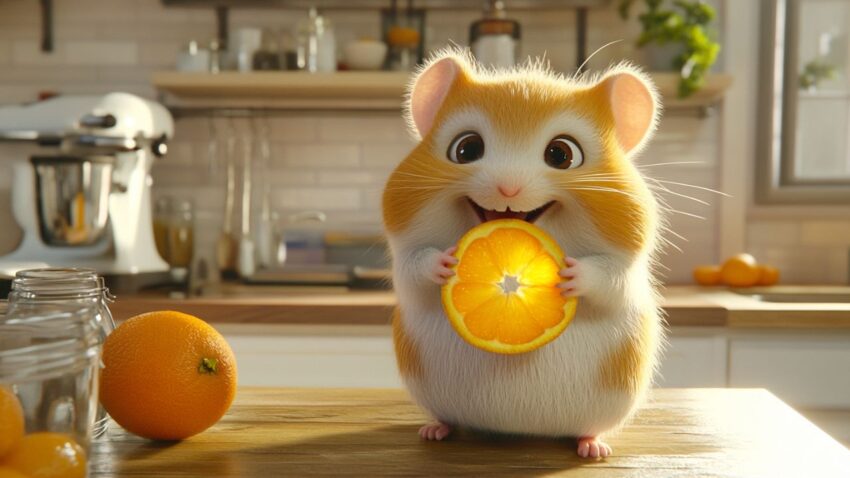
Orange Peels and Hamsters: A Safe Snack or Risky Treat?
TL;DR Summary No, hamsters should not eat orange peels. The acidity and essential oils in orange peels can cause stomach irritation, digestive issues, and even toxicity in hamsters. While the flesh of the orange is slightly less harmful, it is still too acidic for their sensitive systems and should be avoided. Instead, opt for safer…

Do Hamsters Cry? Understanding Your Hamster’s Emotions
TL;DR Summary Hamsters do not cry like humans, meaning they don’t shed emotional tears. Instead, they express emotions such as fear, pain, or stress through sounds like squeaks, chirps, or hissing, and physical signs like teeth grinding, shaking, or hiding. Hamsters can shed tears, but this is usually due to eye infections or irritants, not…
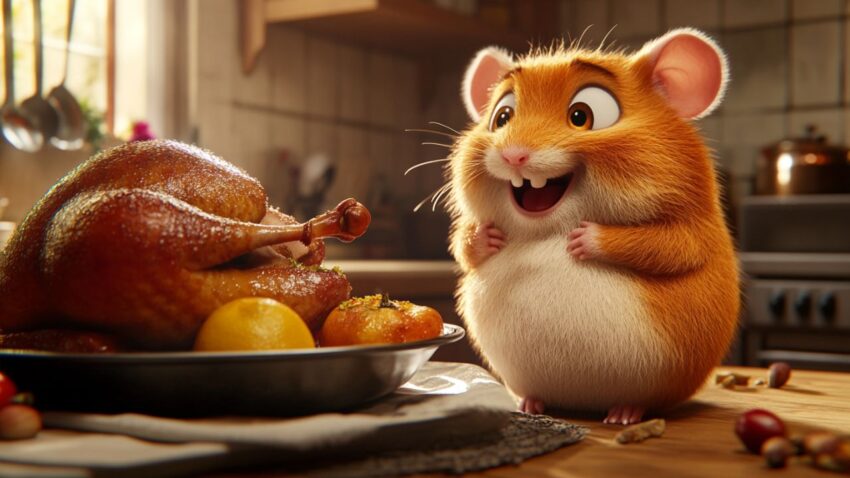
Is Turkey Safe for Hamsters? Nutrition, Risks, and Guidelines
TL;DR Summary Yes, hamsters can eat turkey, but only in small amounts and when it’s plain, cooked, and unseasoned. Turkey provides a good source of lean protein, but it should be offered as an occasional treat, no larger than a pea-sized piece. Avoid any turkey with seasonings, oils, or additives, as these can harm your…

